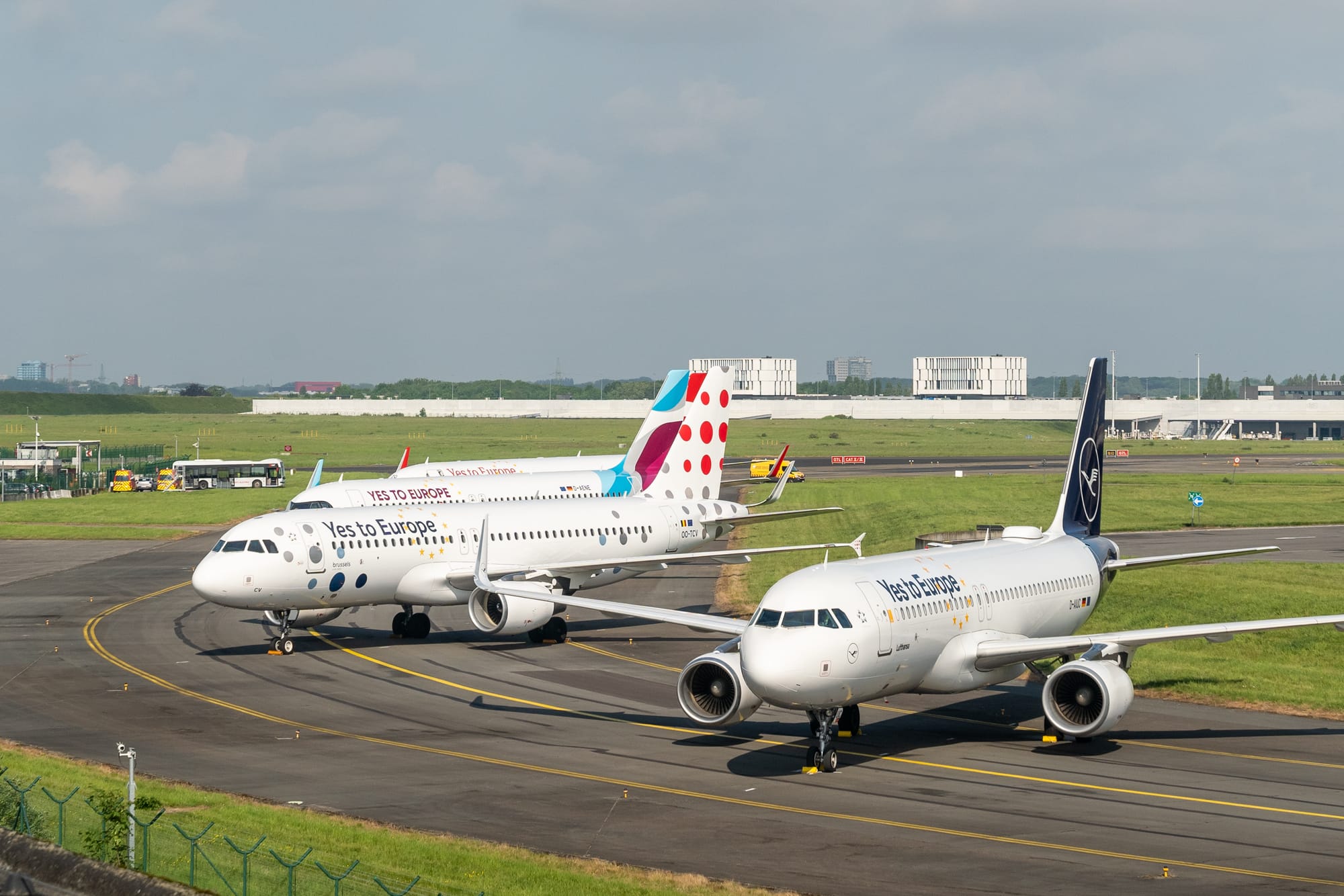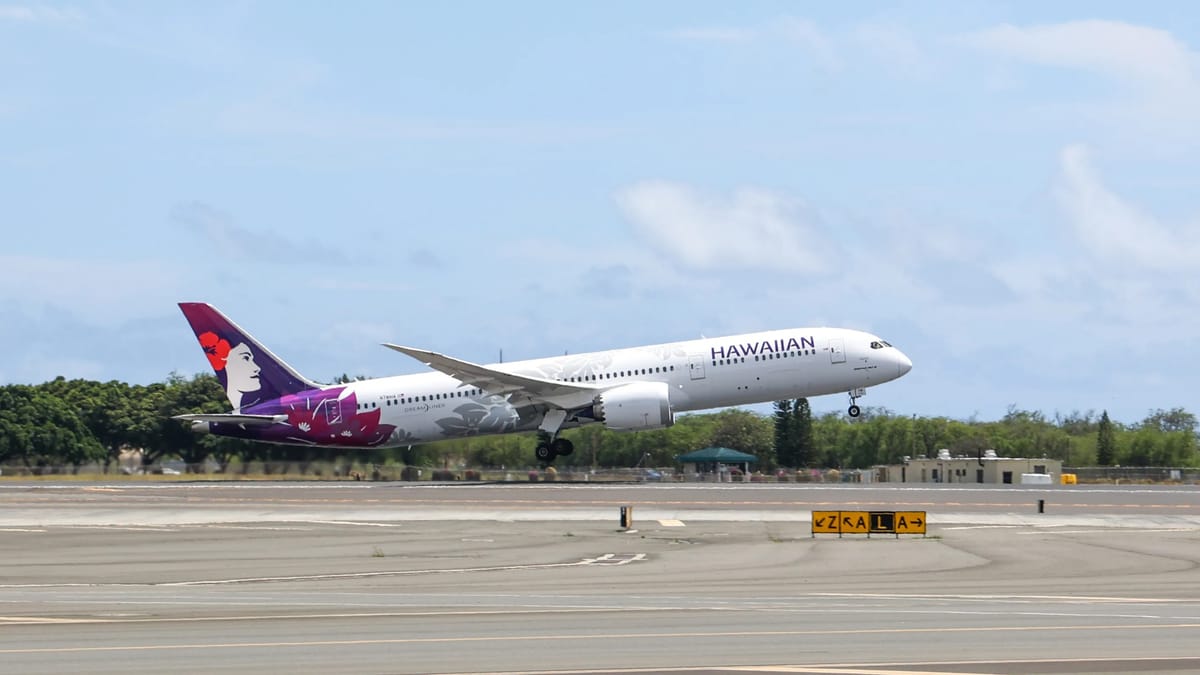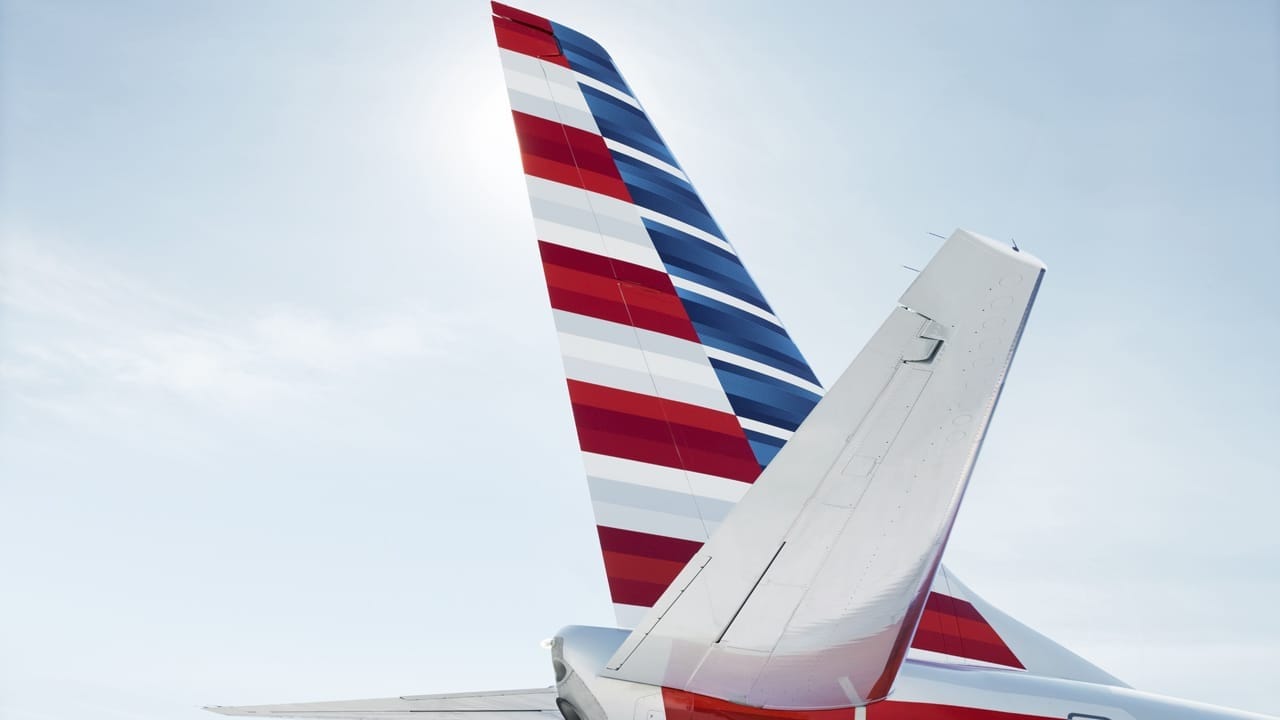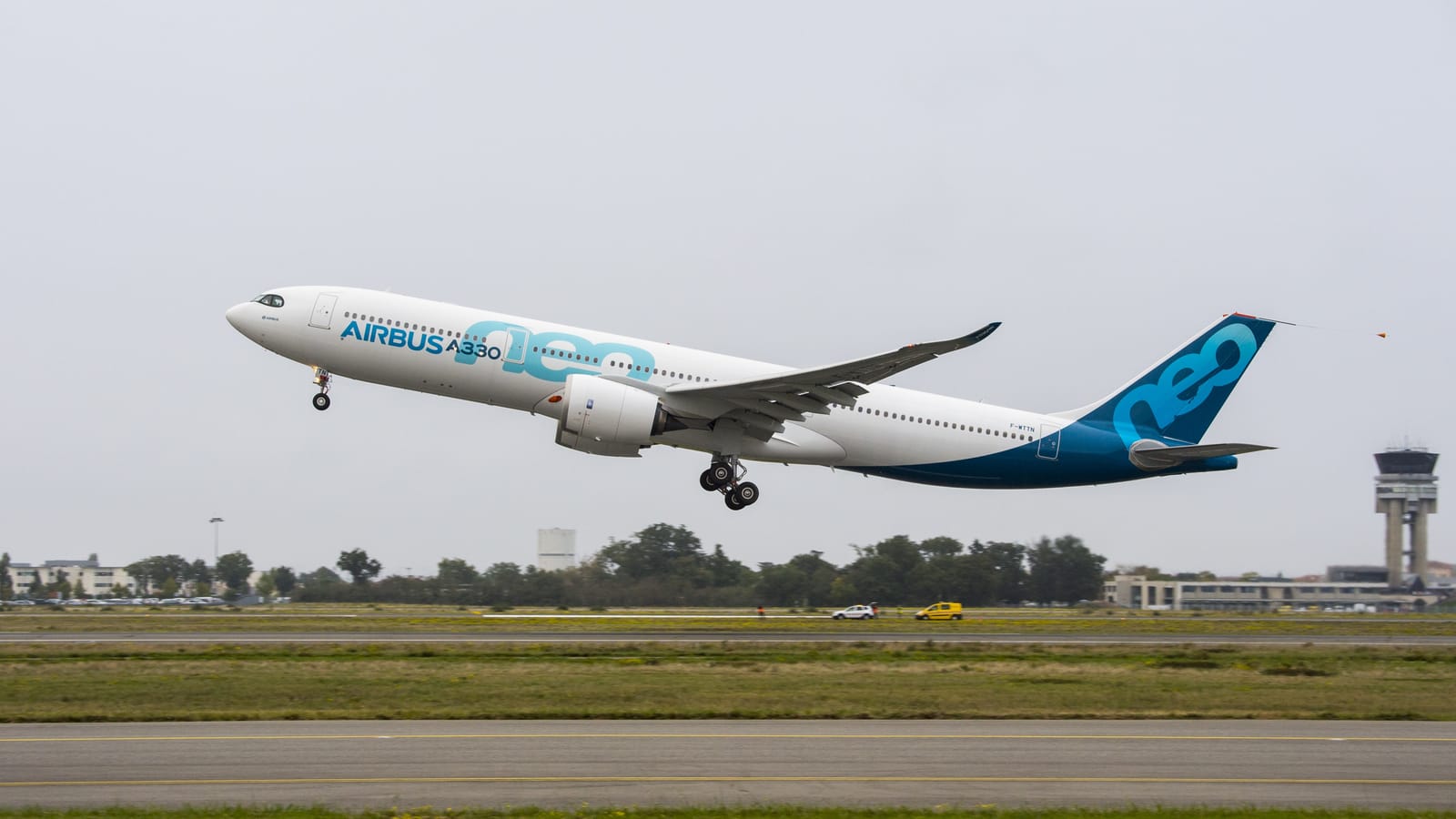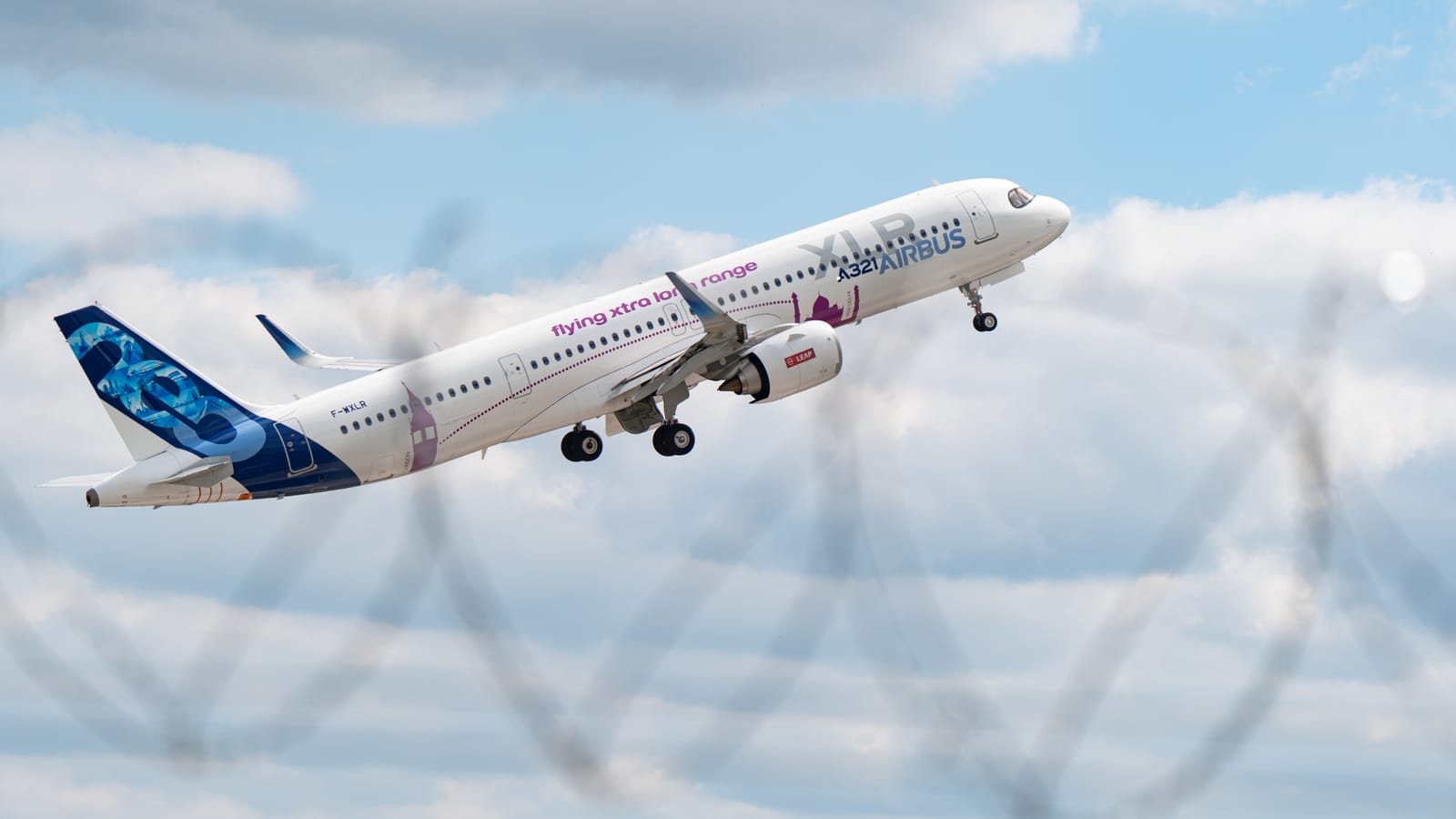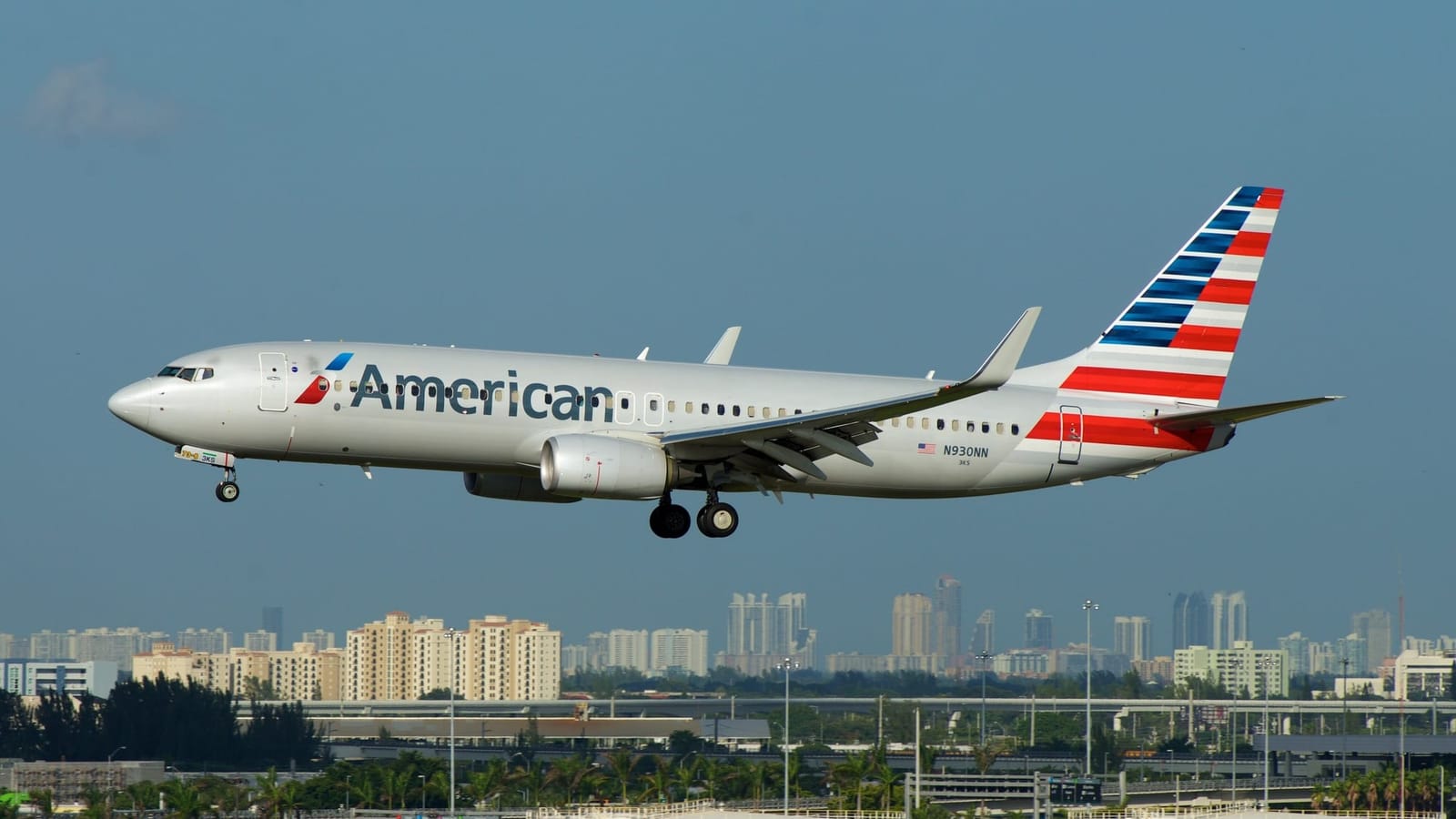Lufthansa Group has announced that it is making changes within the company and the management of its airlines, mostly affecting the processes, financial management, and cross-group collaboration.
The changes, which should result in efficiency and profitability improvements, should be implemented by January 1, 2026, with the group focusing on becoming more efficient in areas that are not visible to the passengers.
Lufthansa Group outlined that airlines within the group, which include Air Dolomiti, Austrian Airlines, Brussels Airlines, Discover Airlines, Eurowings, Edelweiss Air, ITA Airways, Lufthansa, Lufthansa CityLine, Lufthansa City Airlines, Swiss International Air Lines (SWISS), and the joint venture with Turkish Airlines, SunExpress, will continue making independent passenger experience decisions. In addition, they will be responsible for their flight operations and operational flight services.
According to the Germany-based airline conglomerate, much like the group’s long-haul network is managed group-wide, its airlines’ short and medium-haul routes will also be controlled group-wide, rather than individually.
“This means that the steering of the entire commercial offering management will now be bundled under the responsibility of group-wide airline functions.”
Lufthansa Group noted that the change, for example, will benefit travelers who fly with more than one airline within the group with more coordinated services and improved efficiency, enabling the group to make decisions more quickly.
The restructuring will be underpinned by so-called ‘Group Function Boards,’ which will include representatives from each airline within the group, as well as those managing various processes group-wide.
“Chaired by the respective Group Executive Board member responsible, topics will be discussed, evaluated, and decided upon transparently in a collaborative manner.”
The statement read that, for example, the ‘Hub Steering Board’ will be primarily responsible for customer-related issues, with other boards being the ‘Technology,’ ‘HR,’ and ‘Finance.’ Each board will have a financial controller “for financial management.”
Lastly, all IT functions will be consolidated into a single department, which will be led by Grazia Vittadini, the group’s current Chief Technology Officer (CTO). Digital units will be merged into the ‘Innovation & Tech Factory,’ driving Lufthansa Group’s technological progress and creating a group-wide digital expertise in various areas.
At the forefront of the issues faced by the group are costs. Carsten Spohr, the Chief Executive Officer (CEO) of Lufthansa Group, said that the group’s growth is happening outside of its core airlines due to the cost disadvantage faced by its main carriers, including Lufthansa, which Spohr said Lufthansa Group “would like to be able to reduce,” according to Reuters.
Lufthansa Group’s airlines ended H1 2025 with a negative earnings before interest and taxes (EBIT) of €256 million ($299.8 million), the carriers’ revenue growing by 4% year-on-year (YoY). However, the revenue growth was primarily driven by “higher volume of traffic and increased ancillary revenues,” since yields contracted 0.7% YoY.
The group’s overall EBIT was €120 million ($140.5 million), while the net profit was €127 million ($148.7 million).
There have been successful initiatives across the group to reduce carriers' costs and, in a two-for-one deal, improve their operational reliability.
“In contrast to the first half of 2024, network stability also improved significantly, resulting in a 106 million euros [$124.1 million – ed. note] reduction in financial expenses due to flight irregularities,” Lufthansa Group said when it unveiled its H1 2025 results on July 31, 2025.
Lufthansa Group has long complained about the disproportionate disadvantages of operating out of its main hubs. In its Policy Brief newsletter in July 2025, the group pointed out that no “other European country imposes a greater tax burden on flights than Germany.”
The company estimated that, while in 2019, an Airbus A320 taking off from Frankfurt Airport (FRA) to any destination within the European Union (EU) had a tax and fee burden of €2,468 ($2,890), which by 2025 had grown to €4,612 ($5,402).
“Swift and determined political action is needed to secure long-term value creation, employment, and connectivity in Germany’s aviation sector.”


